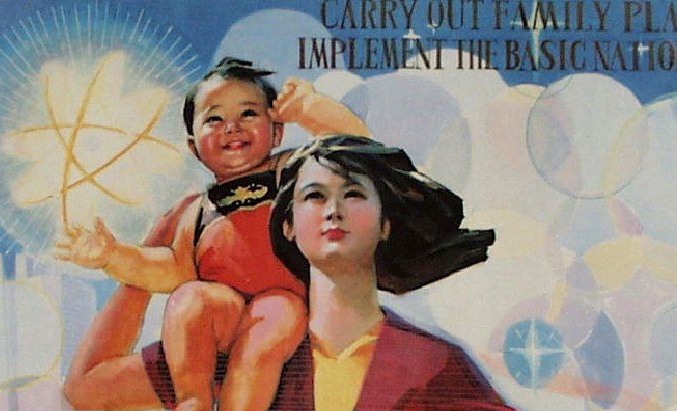China’s abandonment of its “one child” family planning policy has been met with a lukewarm response from experts, many of whom say that the reform is “not enough” to prevent the problems of intrusive contraception and forced abortions, and that it is “unlikely to rebalance China’s ageing population”.
State-run Xinhua News Agency said on Thursday that authorities will now allow couples to have two children, marking an historic departure from the so-called “one-child policy” enforced since since 1978. The announcement came following the Communist Party’s Fifth Plenum meeting, which lasted four days and set out economic and social development goals for the next five years.

Amnesty International said that the policy change was not enough from a human rights perspective, and that “Chinese women will remain at risk of intrusive forms of contraception and coerced or forced abortions”—practices that they say are tantamount to torture.
“The state has no business regulating how many children people have. If China is serious about respecting human rights, the government should immediately end such invasive and punitive controls over people’s decisions to plan families and have children,” said William Nee, China Researcher at Amnesty International.
Dr Anna Smajdor, a reproduction ethics expert at the University of East Anglia (UEA) also said that the reform is unlikely to rebalance China’s ageing population.

“[I]ncreasing the child quota is unlikely to work in rebalancing China’s ageing population, because China like everywhere else is looking at a low birth rate especially among affluent, well-educated women,” she said. “In many cases, it is not that women are not allowed to have more children, but that they do not want to.
“The women in China’s poorest rural areas were already allowed to have more than one child so again, the change in the law is not likely to have a huge impact except perhaps in bringing it more in line with Western values.”

Peter Lloyd Sherlock, professor of social policy and international development at the UEA, said that the policy had in fact been gradually phased out for years.
Instead of formally retracting of the policy, Sherlock said Beijing should be formulating strategies to tackle its consequences, such as a rapidly ageing population with too few young people to provide support and insufficient long-term care services provided by the state.
The “one child” policy, which was introduced to ease overpopulation and environmental pressures, had already been relaxed in recent years, with couples allowed to apply for a second child if their first was disabled or female, or if the parents were themselves were only children.
